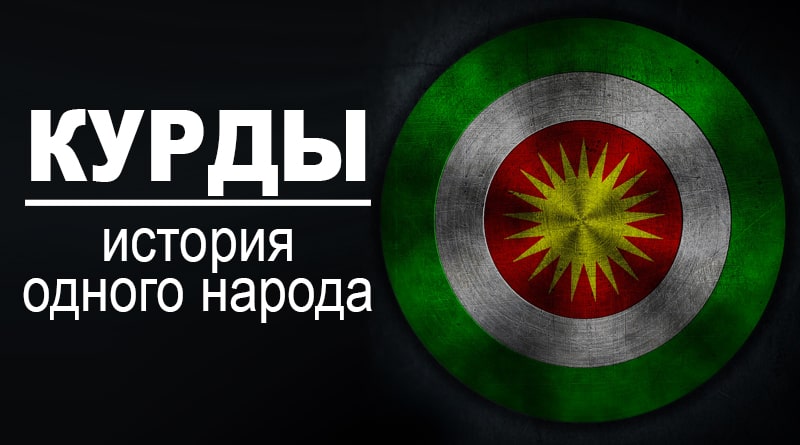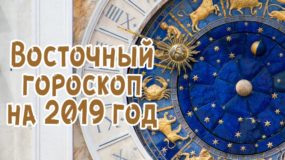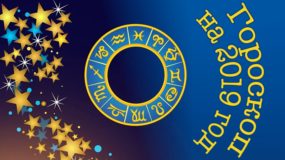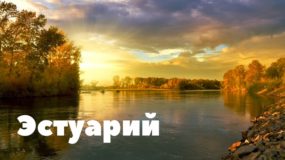Kurdistan is located in the southwest of Western Asia. Kurdistan is not a state - it is an ethnographic territory located in 4 different countries: in eastern Turkey, western Iran, northern Iraq and northern Syria.
In addition, approximately 2 million representatives of this nationality are scattered throughout the states of Europe and America. In these parts, the Kurds founded large communities. About 200-400 thousand people live in the CIS. Mostly in Armenia and Azerbaijan.
History of the people
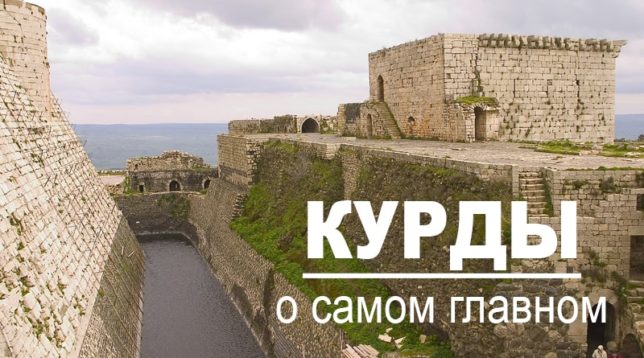
If we take into account the genetic side of nationality, then the Kurds are close to the Armenians, Georgians and Azerbaijanis.
Kurds are an Iranian-speaking ethnic group. Representatives of this nationality can be found in the Caucasus. These people speak mainly in two dialects - Kurmanji and Sorani.
This is one of the oldest peoples living in the Middle East. Kurds are the most significant in number of people who do not have a power. Kurdish self-government exists only in Iraq and is called the Kurdish Regional Government of Iraq.
Representatives of this nationality have been actively fighting for the founding of Kurdistan for about 20 years. It should also be noted that most countries are trying to play the card of this state today. For example, the United States and Israel, in alliance with Turkey, support its struggle against the national Kurdish movement. Russia, Syria and Greece are adherents of the Kurdistan Workers Party.
This interest is explained quite simply - in Kurdistan, a significant amount of natural resources, such as oil.
In addition, due to its favorable geographical location, the conquerors of different countries were interested in these lands. There were attempts at repression, oppression, assimilation against the will. From ancient times to the present day, peoples of this nationality have been waging war against the invaders.
Battles unfolded in the 16th century, initiated by Iran and the Ottoman Empire. The struggle was fought for the opportunity to own the lands of Kurdistan.
In 1639, the Zohab agreement was concluded, according to which the Kurdistan was divided between the Ottoman Empire and Iran. This served as a pretext for war and divided the multimillion-dollar united people by borders, which soon played a fatal role for the Kurdish nation.
The Ottoman and Iranian leaders promoted political and economic subjugation, and then completely eliminated the weakened principalities of Kurdistan. All this led to an increase in the feudal fragmentation of the state.
Religion and language
Representatives of nationality profess several different faiths. Most of the Kurds belong to the Islamic religion, but among them there are Alawites, Shiites, Christians. Approximately 2 million people of nationality consider themselves to be a pre-Islamic faith, which is called "Yezidism" and call themselves Yezidis. But, despite different religions, representatives of the people call Zoroastrianism their true faith.
Some facts about the Yezidis:
- These are the oldest people of Mesopotamia. They communicate in a special dialect of Kurmanji, the Kurdish language.
- Any Yezidi is born from the father of a Kurdish Yezidi, and every respectable woman can become a mother.
- Religion is practiced not only by Yezidi Kurds, but also by other representatives of Kurdish nationality.
- Yezidis can be considered all ethnic Kurds who profess this faith.
Sunnism is the predominant branch of Islam.Who are the Kurds Sunnis? This religion is considered a religion based on the "Sunnah" - a specific set of foundations and rules, based on which is a model of the life of the prophet Muhammad.
Territory of residence
Kurds are the largest in number of people who have the status of "national minorities." Accurate data on their quantity are not available. Various sources have controversial figures: from 13 to 40 million people.
They live in Turkey, Iraq, Syria, Iran, Russia, Turkmenistan, Germany, France, Sweden, the Netherlands, Britain, Austria and other countries.
The essence of the conflict with the Turks
This is a conflict between the Turkish authorities and the soldiers of the Kurdistan Workers' Party, which is fighting to create autonomy within the Turkish state. Its beginning dates back to 1989, and continues to this day.
At the beginning of the 20th century, this people was considered the largest in number, which does not have a personal state. The Sevres Peace Agreement, signed in 1920, provides for the establishment of autonomous Kurdistan in Turkey. But it never entered into force. After the Lausanne agreement was signed, it was completely canceled. In the period 1920-1930, the Kurds rebelled against the Turkish government, but the struggle was unsuccessful.
Latest news
The policies of Russia and Turkey are similar in their desire to build a relationship free of hegemonic power. Together, these two states contribute to the reconciliation of Syria. However, Washington is supplying weapons to Kurdish formations located in Syria, which Ankara calls terrorist. In addition, the White House does not want to give up a former preacher, public figure Fethullah Gulen, who lives in voluntary exile in Pennsylvania. He is being charged by the Turkish authorities with an attempted coup. Turkey threatens to take “possible measures” against its NATO ally.

